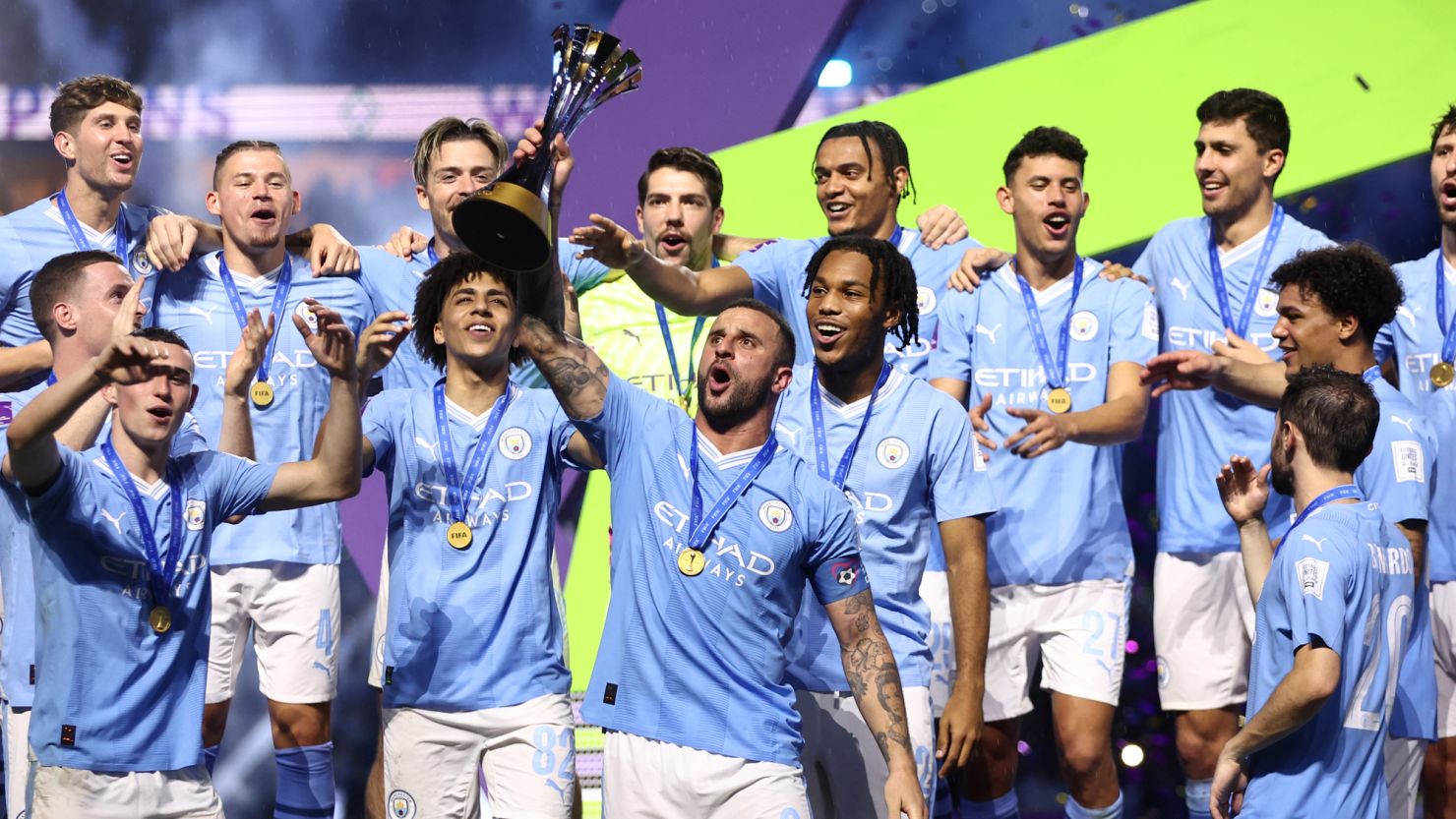Physical Address
304 North Cardinal St.
Dorchester Center, MA 02124
Physical Address
304 North Cardinal St.
Dorchester Center, MA 02124

Manchester City Club World Cup hopes were dramatically dashed as they faced an unexpected defeat at the hands of Al Hilal in the recent Club World Cup (CWC) clash. Football fans around the world watched in disbelief as City’s old vulnerabilities were laid bare, causing them to stumble out of the competition early. In this editorial, we delve into five crucial ways that Manchester City’s Club World Cup dreams were shattered and the broader implications for the team and its supporters.
The Manchester City Club World Cup journey met an abrupt end thanks to the tactical ingenuity of Al Hilal’s management. The Saudi Arabian side executed a game plan that effectively stifled City’s attacking prowess. By closing down spaces quickly and maintaining a compact formation, Al Hilal successfully cut off the supply lines to Manchester City’s star players, leaving them frustrated and unable to find a breakthrough.
Manchester City Club World Cup dreams crumbled further as Al Hilal exposed lingering defensive vulnerabilities. Despite their strong squad, City’s defensive line showed cracks, reminiscent of past seasons where lapses in concentration proved costly. Al Hilal capitalized on these mistakes, punishing City with precise counter-attacks that ultimately sealed their fate in the tournament.
For more insights on tactical strategies in football, check out Goal.com.
Even management maestro Pep Guardiola wasn’t immune to criticism after Manchester City’s Club World Cup disappointment. Tactical misjudgments, including questionable substitutions and formation choices, hindered City’s usual fluidity. Guardiola’s decisions on the night failed to adapt to Al Hilal’s approach, allowing the opposition to dictate the pace for significant portions of the match.
One cannot overlook the impact of fatigue on Manchester City Club World Cup performance. Guardiola’s tendency to stick with a core group of starters without sufficient rotation led to a noticeable dip in energy levels. As a result, City struggled to maintain their usual intensity, especially against a well-rested Al Hilal side eager to make history.
Manchester City’s Club World Cup exit also highlights a psychological hurdle that has often trailed the team in knockout competitions. Despite their domestic success, City has occasionally faltered on the international stage. The weight of past disappointments seemed to hang heavily on their shoulders, affecting their mental fortitude when faced with adversity.
Opportunities were few and far between in the matchup, but Manchester City Club World Cup hopes were further dashed by their inability to capitalize on the chances that did arise. Crucial moments went begging, leaving fans to ponder what might have been had City displayed their usual clinical finishing.
The unexpected exit serves as a sobering moment for Guardiola and his men. It underscores the need for reflection and adjustment as they aim to regroup for future challenges. Manchester City’s Club World Cup loss may act as a catalyst for change, ushering in periods of introspection and re-evaluation of both team tactics and mentality.
This stunning upset has undoubtedly left a mark on Manchester City’s CWC dreams, but also offers valuable lessons for the future.